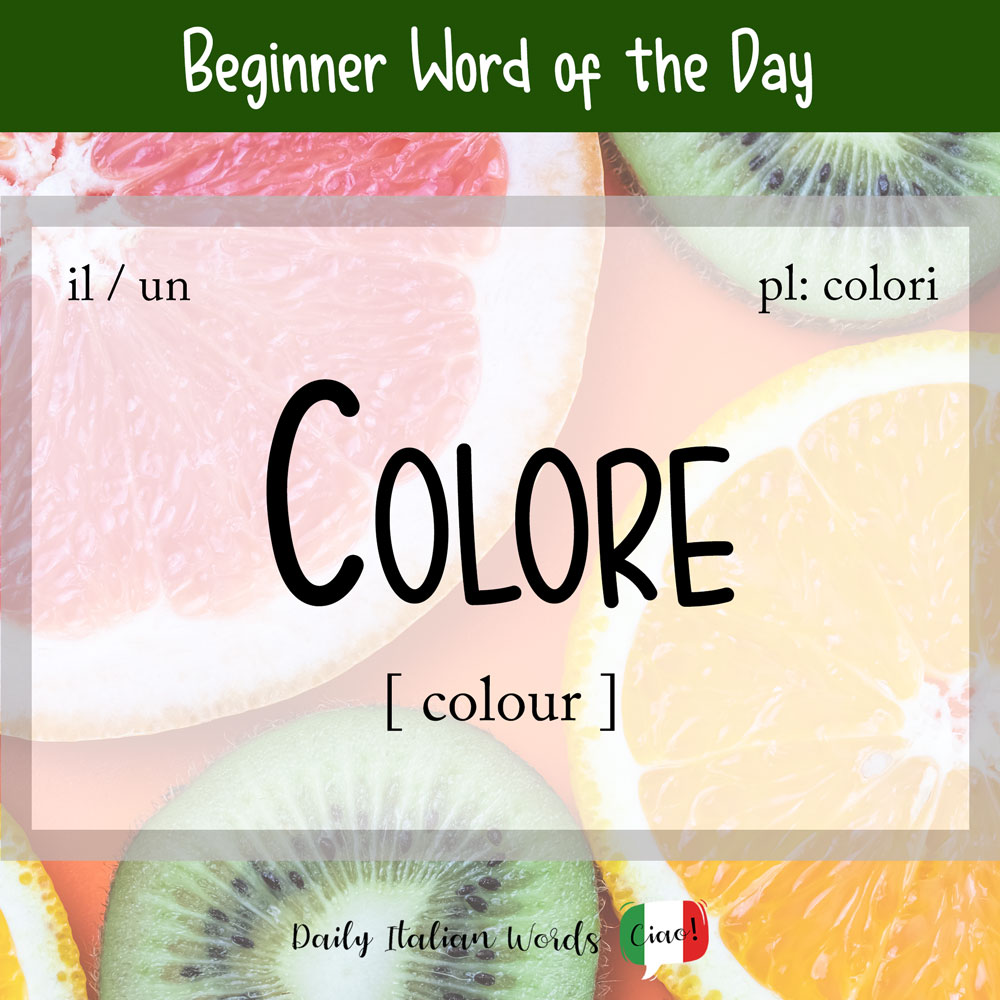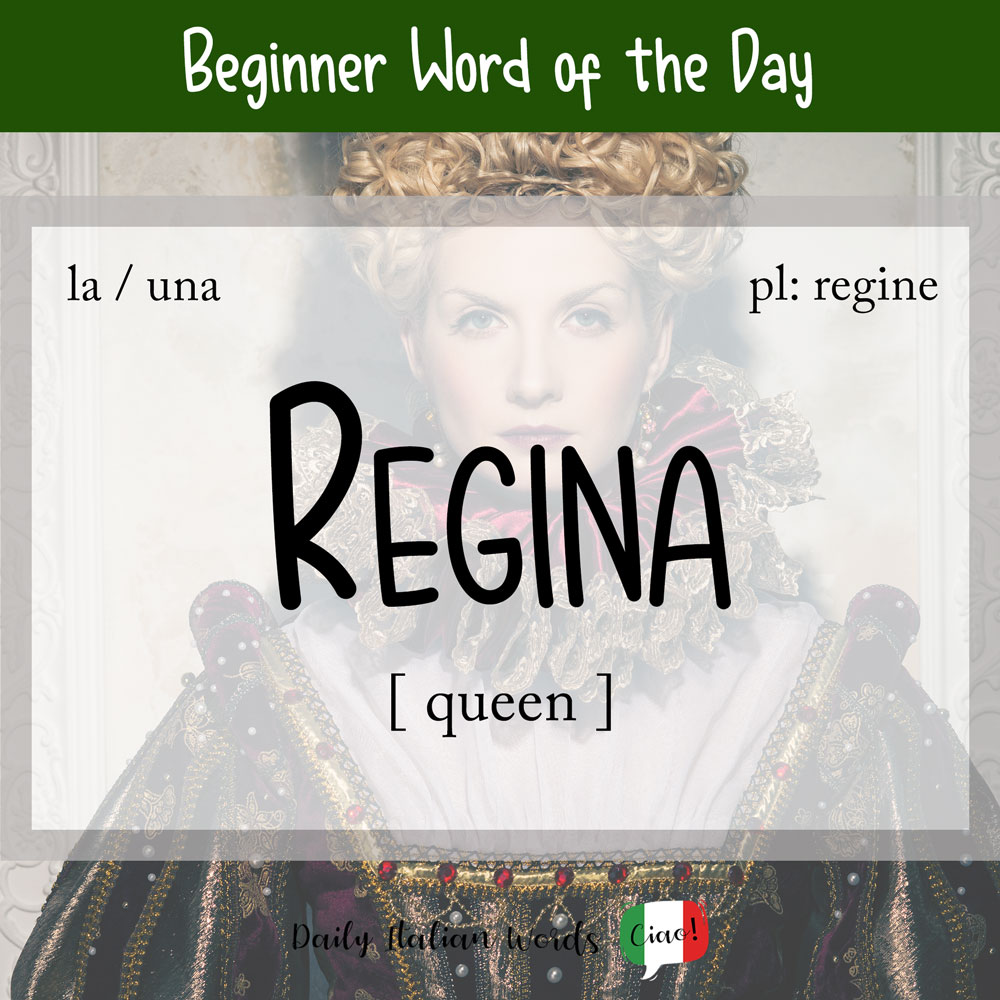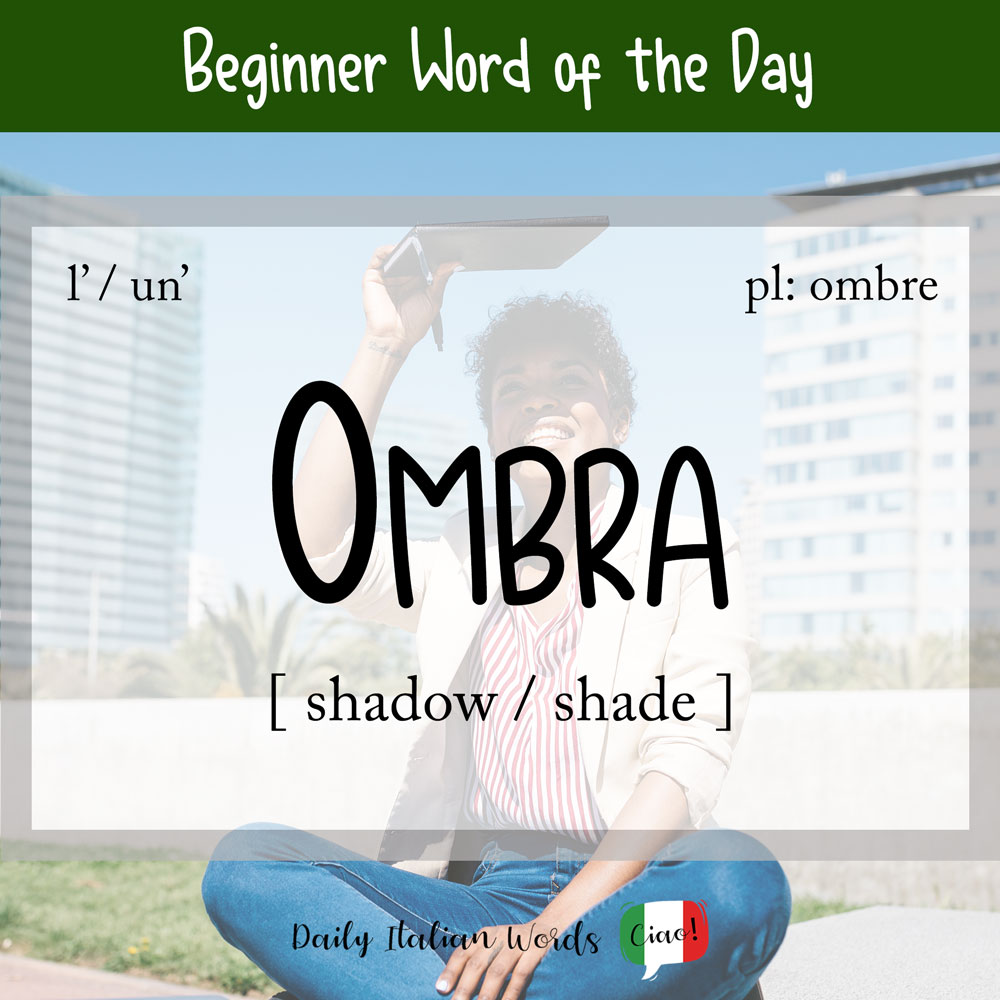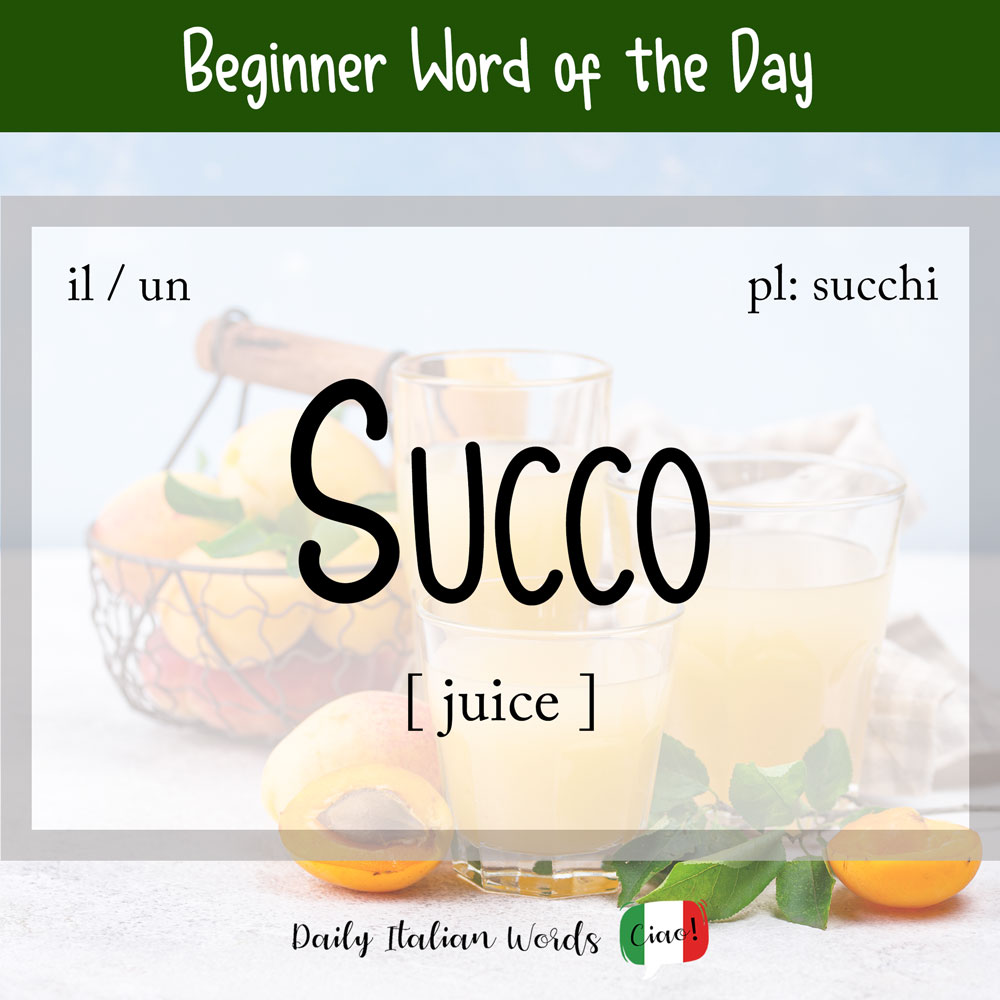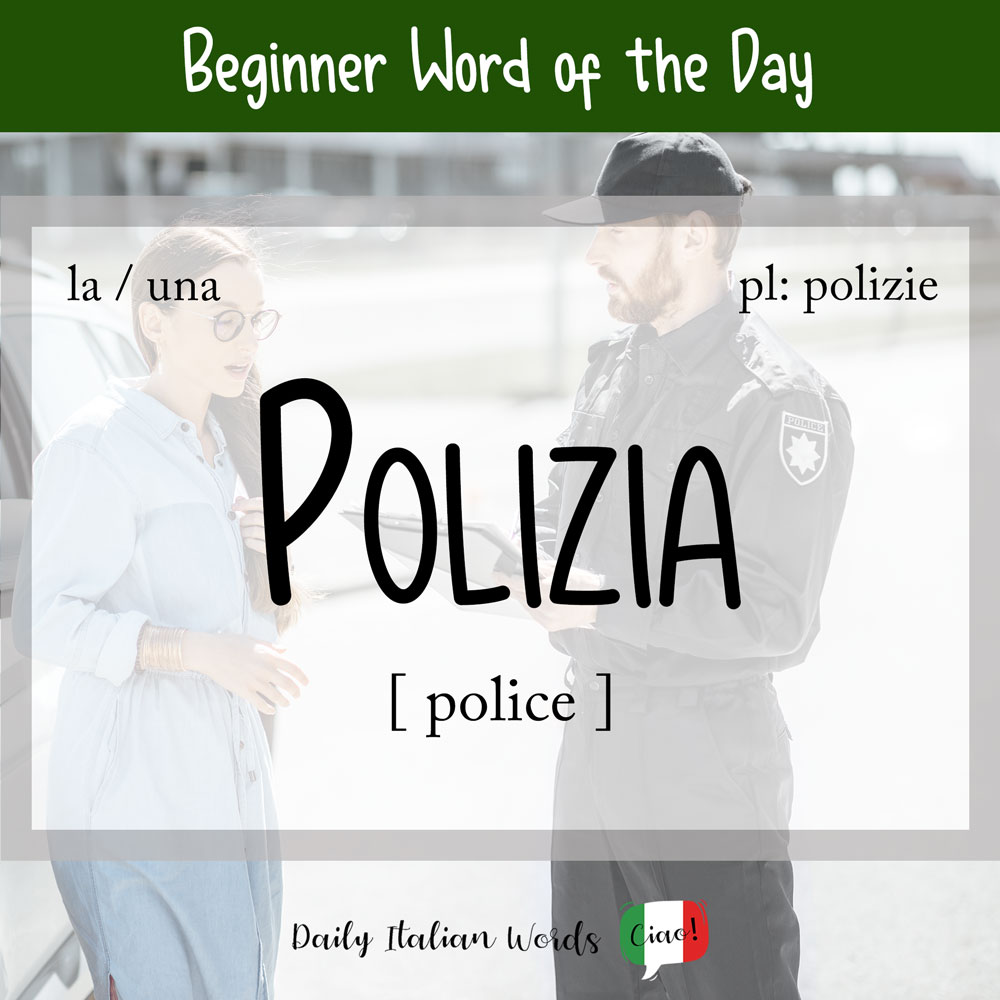Italian Word of the Day: Colore (colour)
The Italian word for colour, or color if you live in the States, is colore (masculine, plural: colori), both of which come from the Latin color. The seven most commonly cited and remembered colours of the rainbow (colori dell’arcobaleno), as defined by Isaac Newton, are as follows: Ci sono sette colori in un arcobaleno. There are …

